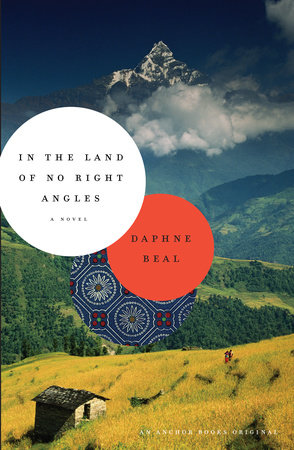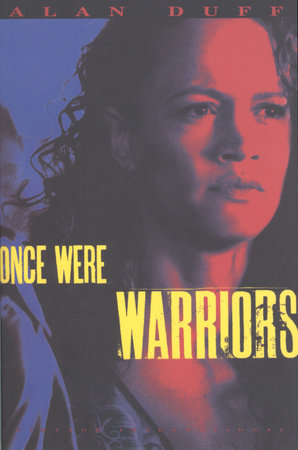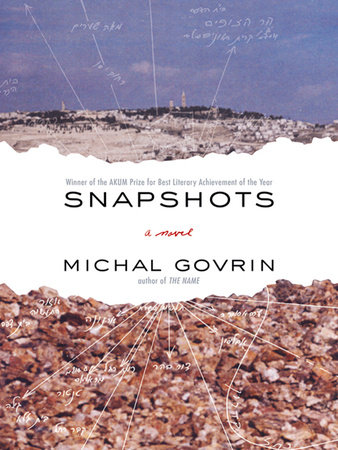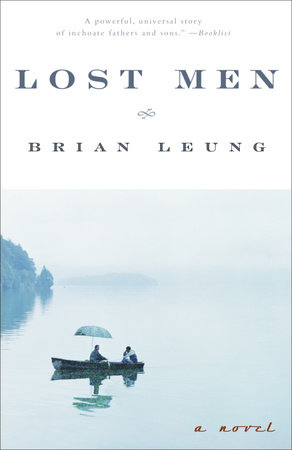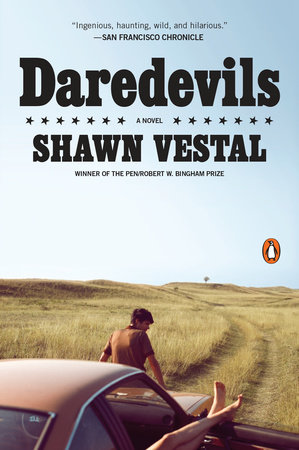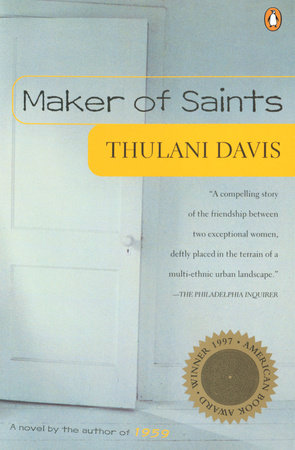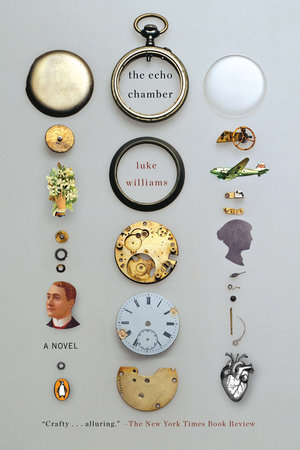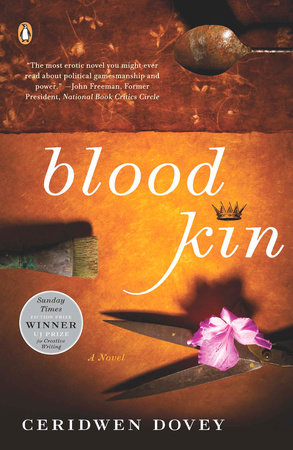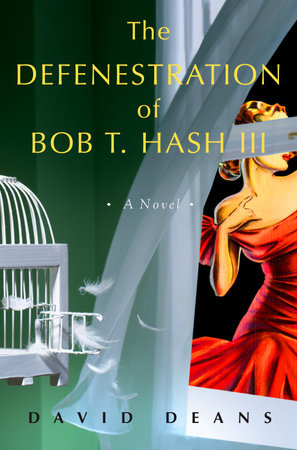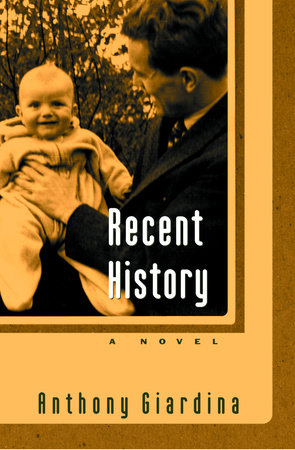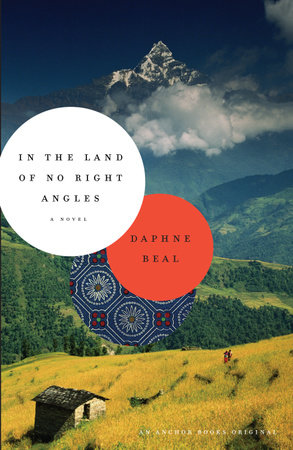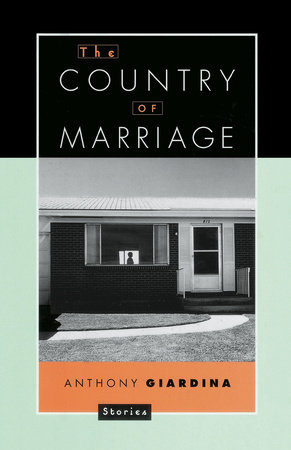Author Q&A
Q: How would you describe your novel In the Land of No Right Angles? What inspired you to write the book and what do you think readers will enjoy most about it?
A: To me, first and foremost, it has always been a story about love and friendship among the three main characters. I have always been fascinated by stories that look at the psychology of intimacy, and three is a particularly interesting (maybe the most interesting) number. The fact that this triangle exists in Nepal and India is integral to the story, and I think (I hope!) that readers will enjoy visiting those parts of the world with a writer who is devoted to their beauty and complexity.
Q: The nation of Nepal plays almost as active a role as the characters in your book. What led you to want to write about Nepal, or more specifically, about an American in Nepal?
A: Like my protagonist Alex, I was fortunate to be able to spend a year in Nepal when I was twenty. When I got there, like so many people, I was captivated by the beauty of the setting and the culture I found, but most intriguing to me-the thing that really got my imagination going and stayed with me as the years passed-was observing the foreigners who had settled there. There was an ex-pat community of people who seemed to be genuinely seeking enlightenment while pursuing a more hedonistic existence, and the inherent contradiction in that fascinated me.
Q: What drew you to Nepal in the first place?
A: I was a sophomore at Brown when I completely burnt out on academics and the hyper-politicized atmosphere. I was determined to get an entirely different perspective…on everything. Nepal was about as far as I could go, in terms of sheer miles, and also philosophically. At first glance, the fact that it was geographically beautiful and not war-torn appealed to me. But investigating it further, I loved that the oral tradition was so much stronger than the literary one, and that it was more spiritually- than materially-inclined. In my first months there, living on the outskirts of Kathmandu in a mud house with a Brahmin family and a cow in the room next to mine was one of the things that that let me know I’d landed in the right place.
Q: You, like your character, Alex, have returned to Nepal several times. What do you think it is about Nepal that is so compelling? What brings you back time after time?
A: I returned, first and foremost, because I’ve never found that my mind was stretched in quite the same way here as it is in Nepal, and India, for that matter, and I wanted another fix of that. Later, I went for work to research articles.
While I never did do the "Buddhist thing," it is riveting to be in a place where, not just religion, but spiritualism is such a daily part of people’s lives. I think even for those of us who aren’t seeking enlightenment, it is amazing to encounter the kind of equanimity and unhurriedness that is not really part of our lives in the West. That quality has changed somewhat in recent years in Nepal, but not entirely.
Also, the Himalayas make for some pretty stunning landscape.
Q: What are the rewards and/or challenges of writing about another culture? Did the novel require a great deal of research, aside from your own experiences?
A: The challenge of writing about another place for me is I have such an intense desire to “get it right.” But of course, I will always be me, with my own cultural and personal baggage. Finally, I just decided to get it right for my characters and that was very freeing. That desire to be accurate, too, is what the title is about. I remember the first morning I went trekking, I woke up in a little village that was literally above a layer of clouds with the mountains shining above. I asked a new Nepali friend standing next to me how he would describe it, and he said simply, "good." But isn’t there something more, I pressed? He laughed and said, "Very good." That was a kind of revelation in itself-that something could be significant without being immediately and precisely described.
The most actively researched part of the novel was the part that takes place on Falkland Road in Bombay, where I spent six weeks researching the novel and a piece about migrant sex workers that was published in McSweeney’s called “The Poor Thing.”
Q: Prostitution can be a controversial issue. What drew you to this topic? What, in your experience, are the challenges of writing about this subject, and how did you approach it?
A: A few months after I returned from Nepal the first time, someone showed me Mary Ellen Mark’s photo essay Falkland Road, about Bombay’s oldest red-light district. I was very surprised to see Nepali women there because I’d never heard about this migration, or trafficking, of women and girls into the Indian sex trade in the year I’d been in Nepal. I thought of the girls I knew there trying to make it in the big city, and wondered how at risk they were. As I started researching the topic, there began to be more and more written about it. But finally I knew that I had to simply go and see for myself if I was going to truly understand how it all worked. Personally, I think I was compelled, too, by the fact that I was a Midwestern girl trying to make it in the big city of New York, and yet clearly I had extremely different options available to me. I wanted to explore what choice and free will meant in a very specific set of circumstances.
To me, prostitution never felt controversial as an issue, simply complex. I began by interviewing people who work for organizations that help sex workers with basic human rights in the red-light district (getting food and cooking-fuel rations, enrolling their children in school, not being exploited by the police). I also interviewed people in Nepal who work for NGO’s (non-governmental organizations) dealing with girl trafficking, either in prevention or in rehabilitation once girls and women returned and found themselves ostracized and often sick.
But the most fruitful work I did was simply going into brothels in the red-light district of Falkland Road. Speaking Nepali was key, which I had learned when I was a student. Being a good listener was also important. I think I am someone whom many different kinds of people are able to confide in, and it’s a quality, for better or for worse, that I use a lot when researching and reporting, though I try to be sensitive with that information. I also wanted to convey the sense of humor and community that I found on Falkland Road. I think the biggest challenge when writing about poverty for any writer, is to convey the particulars of the situation, and to evoke empathy rather than pity from the reader.
Q: There are some “feminist” themes in NO RIGHT ANGLES, and you spend a lot of time exploring the lives of women in Nepal. What are some challenges they face? What kind of futures can they have, and what does the life of a “successful” Nepalese woman look like?
A: Women’s lives have changed a lot since 1990, especially in the capital. There are more women in the work place. Both high caste and low caste women dress with more freedom and less modestly, and I think in general more girls are being educated. A friend of mine has worked for many years for a foreign NGO with increasing responsibilities. She is the main breadwinner and lives in an apartment that she bought for her husband and two daughters, after an unpleasant time with her in-laws. The fact that she comes from traditional Brahmin family and is able to achieve all that is clear indicator that things slowly but surely are beginning to change for women, and if they change in the capital, they will eventually change in more rural areas.
Q: When did you first become interested in being a writer? What other professions, if any, have you had?
A: I was interested in writing from a very young age, mostly because I read a lot (and my parents read to me). Fiction was like magic to me. Like a kid studying a magician pulling rabbits from a hat, I was dying to know how authors created a whole world that often felt as real as the one I was living in. I remember saying when I was as young as nine that I wanted to be a writer, and in particular that I wanted to write fiction, but I recommitted to that idea when I was seventeen and leaving to go to college. I’ve done lots of related work, as a journalist and an editor, both of which use similar muscles. Right now, my magazine journalism work feeds my brain enormously. I am always hungry to hear other people’s stories. I’ve also loved teaching college students this year. They have so much energy and bravado, it can be exhilarating.
Q: Are there any writers, teachers, or other individuals that have had a major influence on your writing or helped you further your career?
A: Early on, I was lucky to study with James Robison and Mary Robison at the Bennington Writing Workshops. They are wonderful short story writers and were compelling teachers to me. At NYU, I worked with and for E.L. Doctorow (as his personal assistant), and he is such a magnificent storyteller and generous teacher that that was very meaningful as well. Also, working at The New Yorker in the mid-late ’90s was like going to the best grad school in the world…to be surrounded by people who cared so deeply about writing, be it fiction or nonfiction. I worked in the “typing pool,” or word processing, when I first got there, and because everyone else worked on paper, we entered all changes made at the magazine into the computer, whether they came from the editor, writer, copy editor, legal, or fact checking. So you really got to see how a piece came to be made. It was very educational, and people were kind to the kids, as we thought of ourselves. It was exciting just to be walking the same halls as Janet Malcolm, Roger Angell, and Joseph Mitchell. I remember I answered the phone one day and Muriel Spark was on the line. I was completely floored.
Q: What writers/books do you enjoy? What are you reading right now?
A: Many of the usual suspects….Virginia Woolf, E.M. Forster, F. Scott Fitzgerald, Dickens, the wonderfully imaginative Japanese writer, Haruki Murakami. Also, many short story writers: Donald Barthelme, Eudora Welty, Amy Hempel, Raymond Carver.
I just finished Jhumpa Lahiri’s new collection Unaccustomed Earth. I was happy to read it right before it was published and became such a sensation, because it was one of those of those very private and moving reading experiences where I felt like I was learning something about how to live, by being so involved with her characters. She is such a nuanced and perceptive writer. She makes me think of Jane Austen, whom I also love.
Q: What is the writing process like for you? How do you develop your characters? What is your motivation for writing?
A: I often start with an image of people in a place. I love settings, describing them, and trying to figure out what’s going on with people within them. My characters are either amalgams of people I’ve known, or people I’ve heard about whose stories or plights have grabbed my attention.
Q: What other books or projects are you working on?
A: At the moment, I’m working on magazine pieces and thinking that my next book will either be historical fiction or nonfiction. I recently wrote a piece for a collection called State by State: A Panoramic Portrait of America, which is 50 writers on the 50 states, and a tribute to the WPA Guides to the states produced by the Federal Writers Project in the 1940s. It’s going to be a tremendous collection, and I’m enormously proud to be a part of it. I wrote about Wisconsin, and in the course of researching the piece, went to the historical society in Racine, Wisconsin, where my family settled in 1874. I loved learning about that era-post-Civil War, pre-1900-in the Midwest, and am considering returning to it. I was a big Laura Ingalls Wilder fan as a child and have enjoyed Willa Cather as an adult.
Q: What advice do you have for aspiring writers today?
A: Revise and revise. Show your writing to people you trust, listen to their critiques carefully, and only use what is useful to the story you most want to tell. You can’t please everyone, and all great novels have flaws, which is part of what makes them great.
